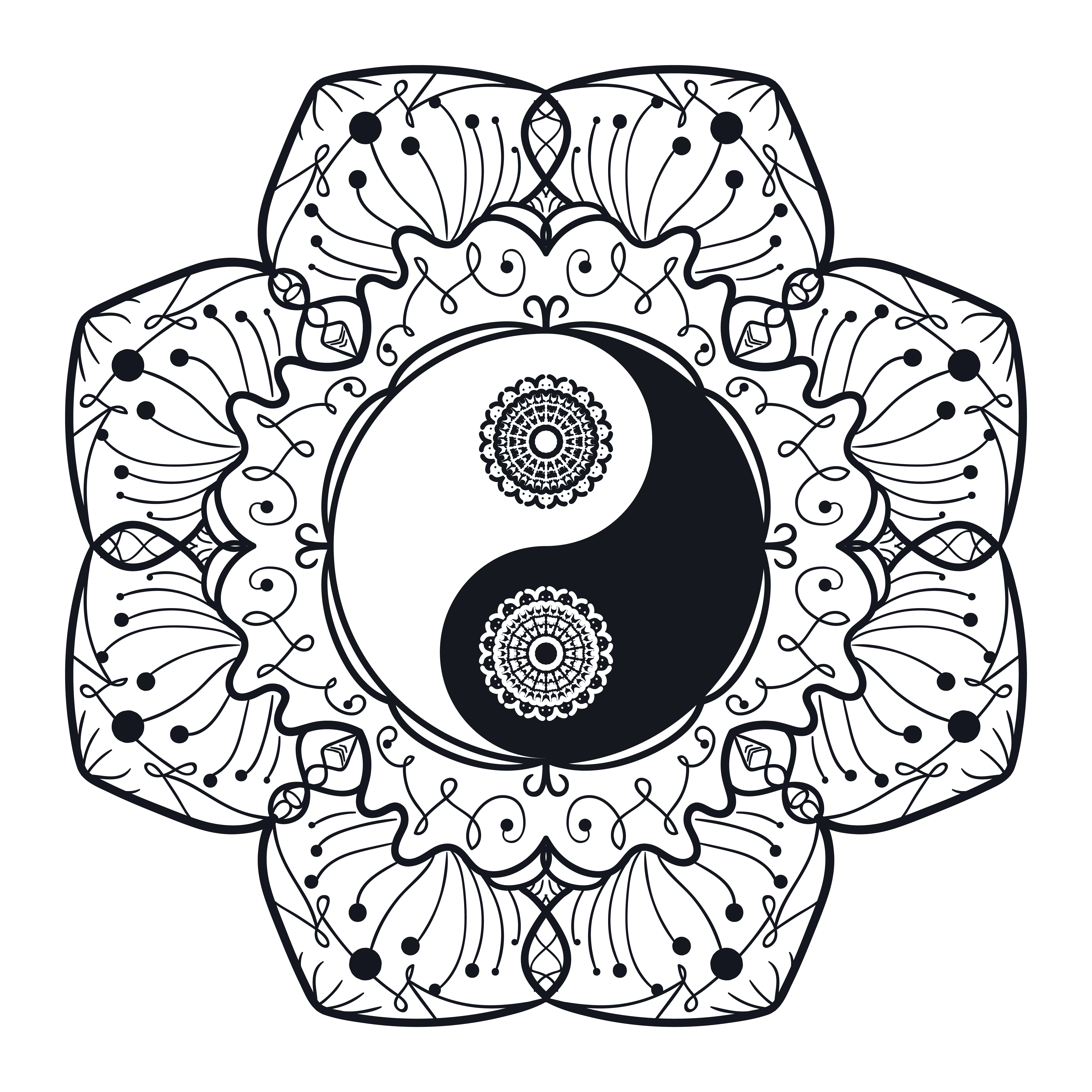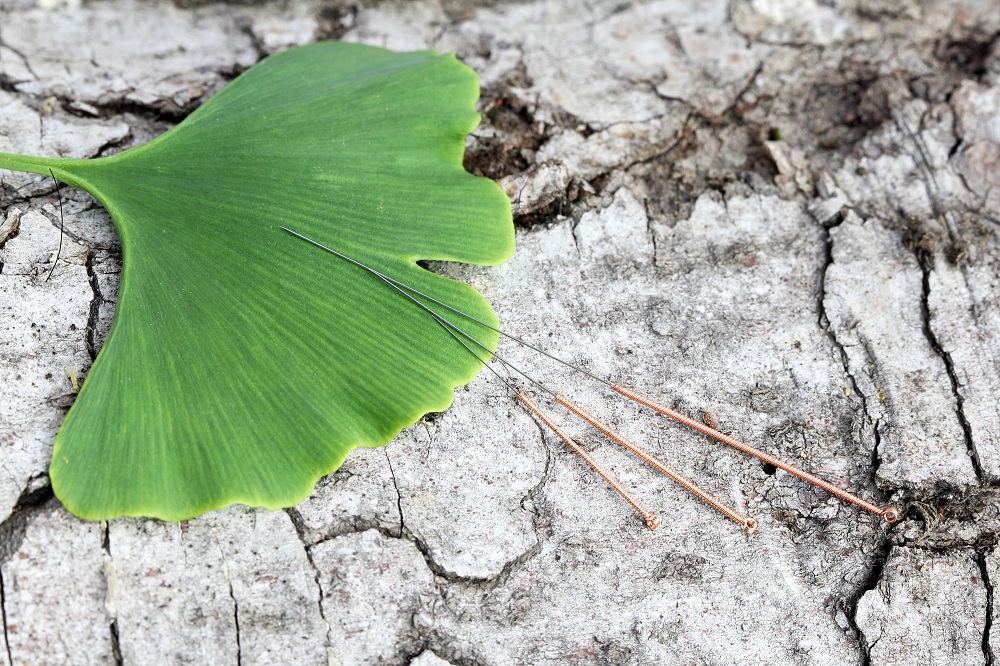- Navigation
- Home
- Explore Acupuncture ....
- » Acupuncture & Chinese Medicine
- » What Can I Expect?
- » What Can Acupuncture Treat?
- » How Many Treatments WIll I Need?
- » Kids and Teens
- » Chinese Herbal Medicine
- Other Modalities
- » Cupping
- » Moxabustion
- » Acupressure & Meridian Palpation
- About
- » Testimonials
- Resources
- Book Online
- Contact
Acupuncture is a form of traditional Chinese medicine that has been practiced for centuries. It's based on the theory that energy called qi flows throughout the body along specific channels or meridians. Ideally this energy flows freely, however when illness or injury occur, the free-flow can become blocked or unbalanced. By stimulating specific points with very thin needles, pressure, heat, electrical current or cold laser/light, an acupuncturist helps the body unblock and regulate the qi to help restore balance, thereby promoting the body's ability to heal itself.
Points and techniques are chosen based on Chinese Medical Theory, which uses principles and paradigms to identify where and why imbalances occur, and what treatment will help restore homeostasis. Opposite forces such Yang/Yin, exterior/interior, excess/deficiency, and hot/cold (Eight-Principle Theory) ... as well as relationships and cycles within and between the meridians and elements (Five-Element-Theory) ... are observed and considered in treatments.
Chinese Medical Theory is both logical and poetic ... and far too vast to delve into here. A good article to begin exploring Yin/Yang theory is The Eight Principles: Yin and Yang. Books that I recommend to explore the foundations of this beautiful medicine include: The Spark in the Machine, The Healing Power of Acupressure and Acupuncture, Between Heaven and Earth, or The Web That Has No Weaver.
In Western medical terms, several theories have been presented to explain how acupuncture works. The "Gate Control" theory suggests that pain impulses are blocked from reaching the spinal cord or brain at various "gates" to these areas. Since a majority of acupuncture points are either located near, or connected to neural structures, this suggests that acupuncture stimulates the nervous system to "shut the gate" to the sensation of pain.This mechanism of interrupting pain signals is also the basis for TENS therapy (transcutaneous electrical nerve stimulation.) Other theories posit that acupuncture stimulates the body to produce natural painkillers - narcotic like substances such as endorphins and opiods which, when released into the body, relieve pain.
Does one have to believe in acupuncture for it to work? While having a positive state of mind helps with any type of treatment, conventional or otherwise, it is not necessary to "believe" in acupuncture for it to work. This is evidenced not only through clinical studies of "non-believers", but by the fact that animals and small children who cannot be instructed to believe receive relief through the use of acupuncture.
Following is an interesting link to a series of articles by Chris Kresser, LAc. that explore the crossover between Chinese Medical Theory and Western Medicine: Chinese Medicine Demystified.
- "I'm afraid of needles, except acupuncture needles."
- Catherine O'Hara

Tension is who you think you should be.
Relaxation is who you are.
- Chinese Proverb
緊繃來自於你頭腦裡ㄧ直認為自己應該要成為什麼,
放鬆來自於當你安住你原本所 “是” 的狀態
